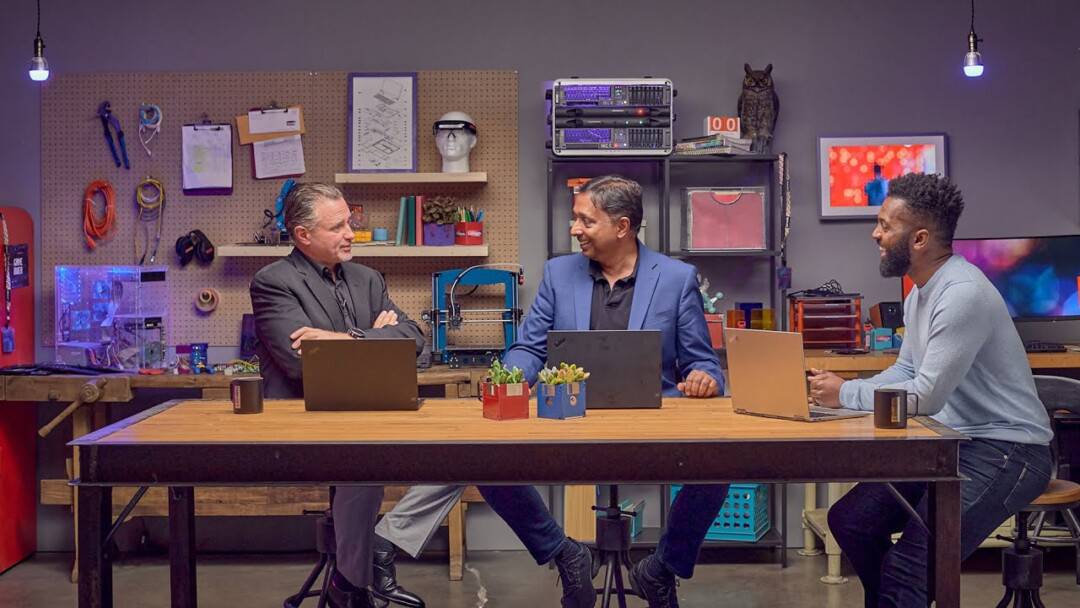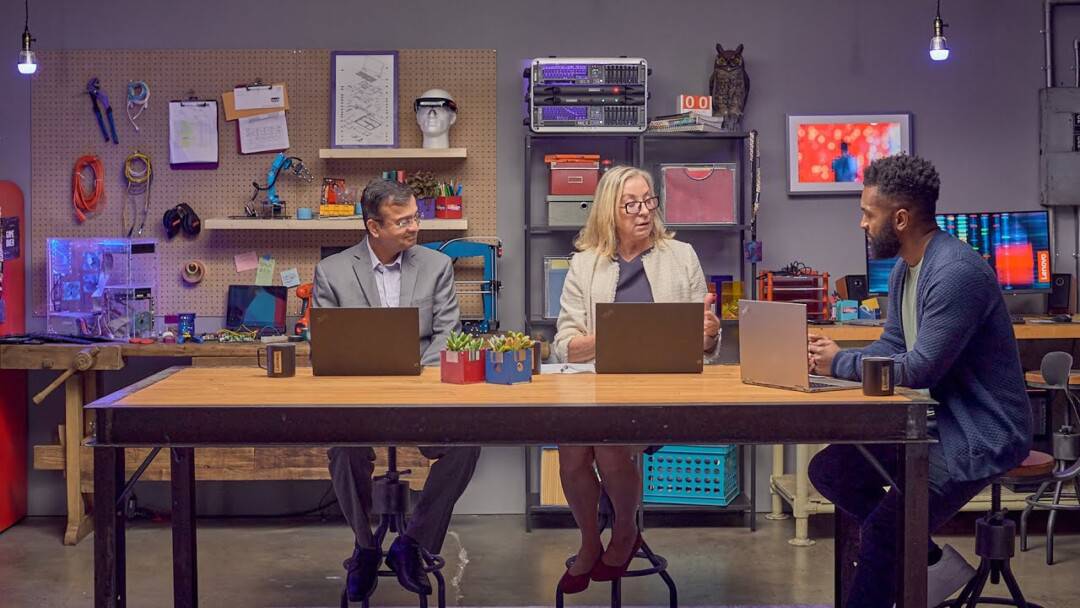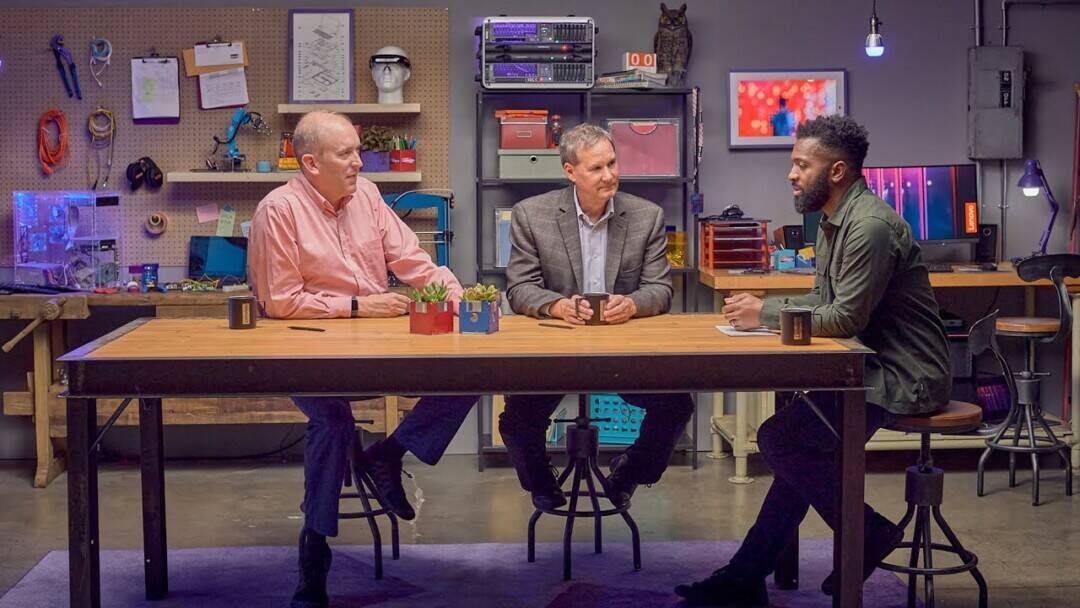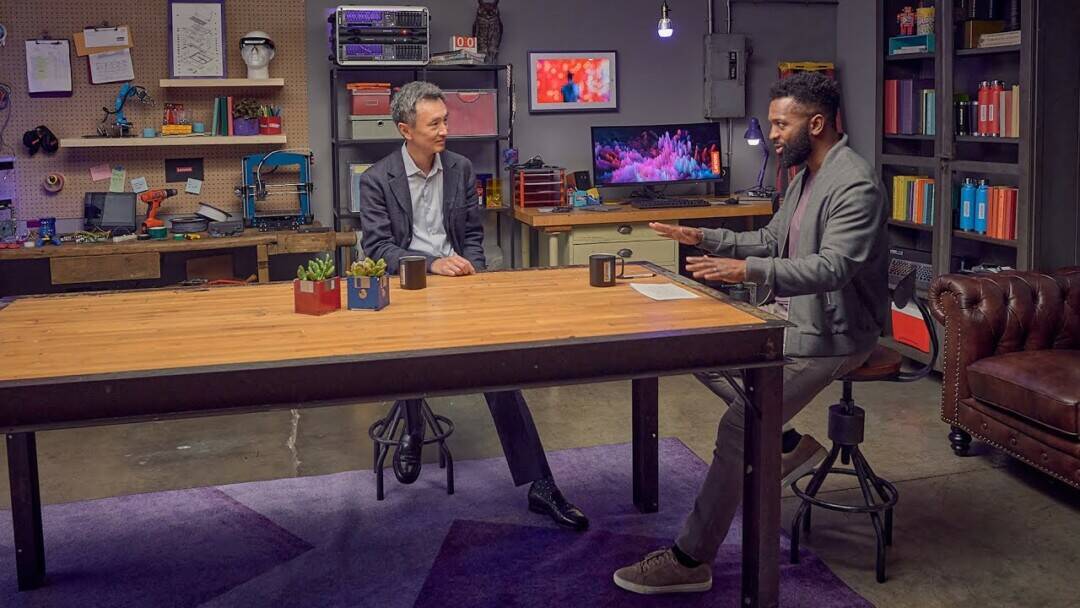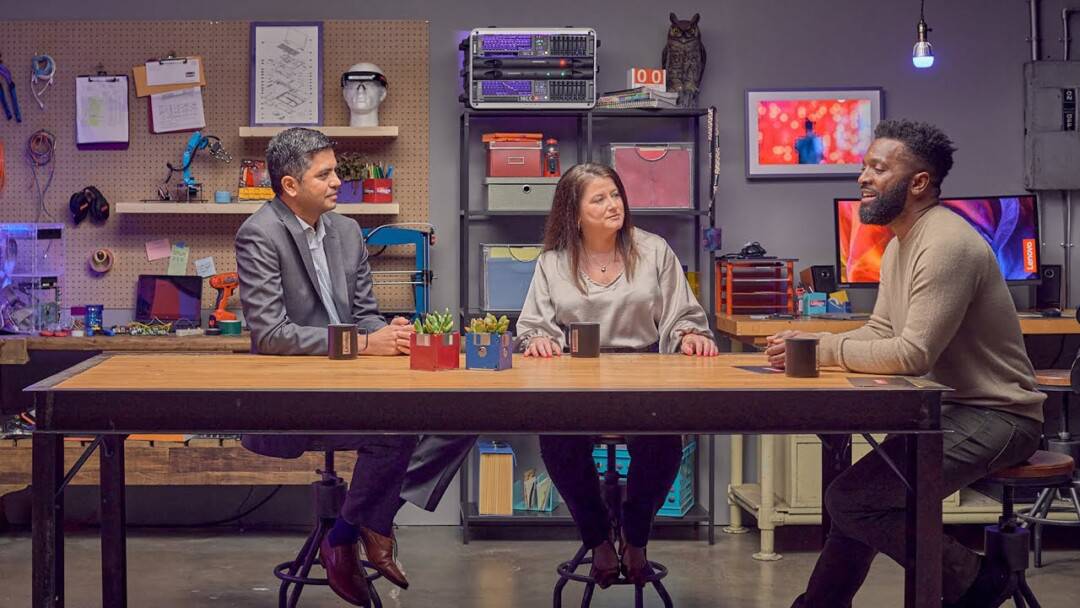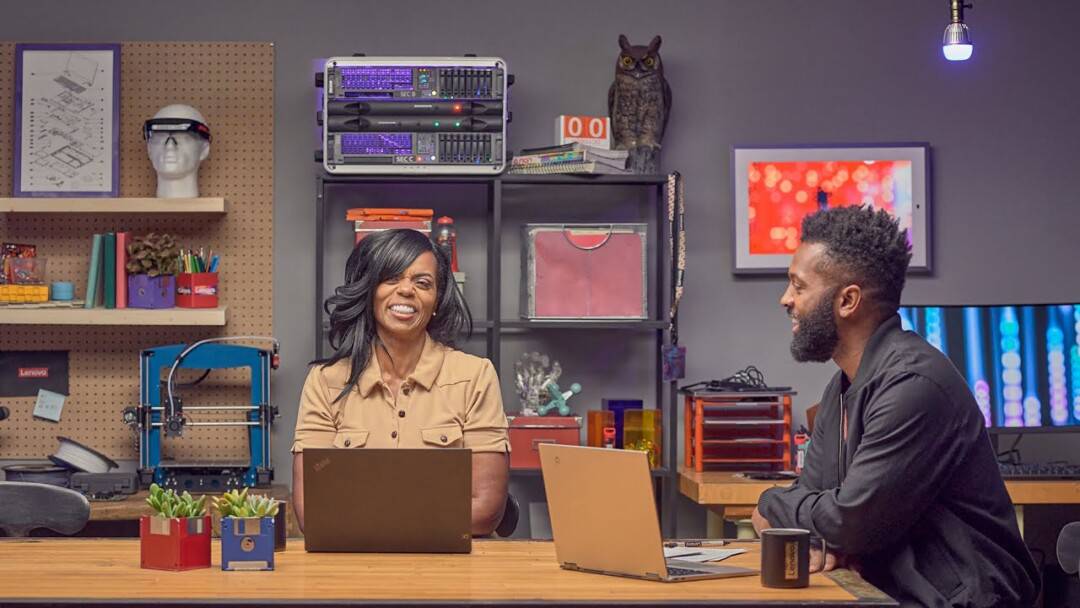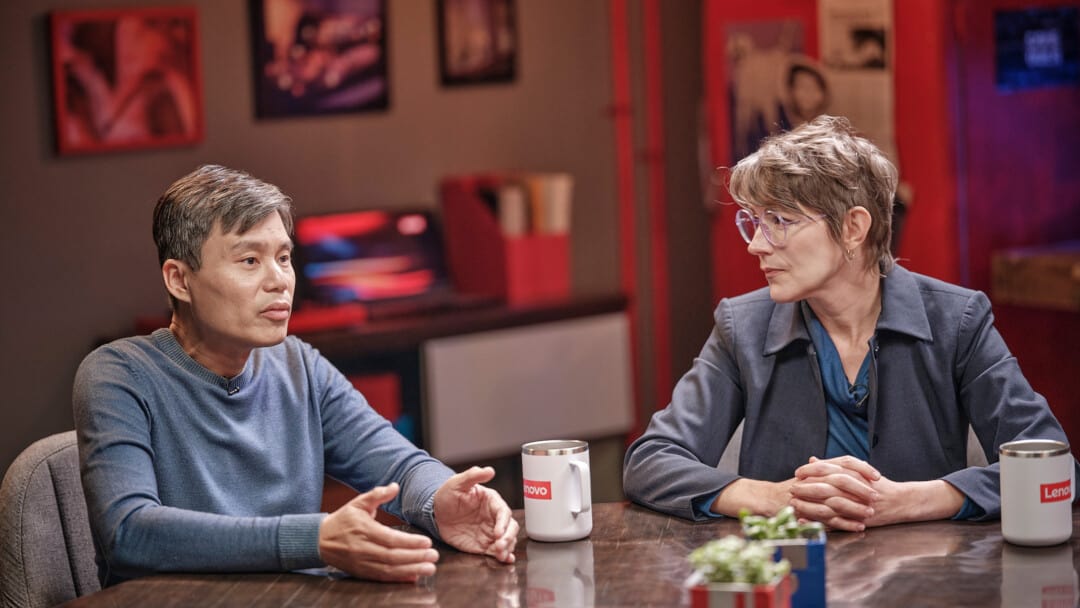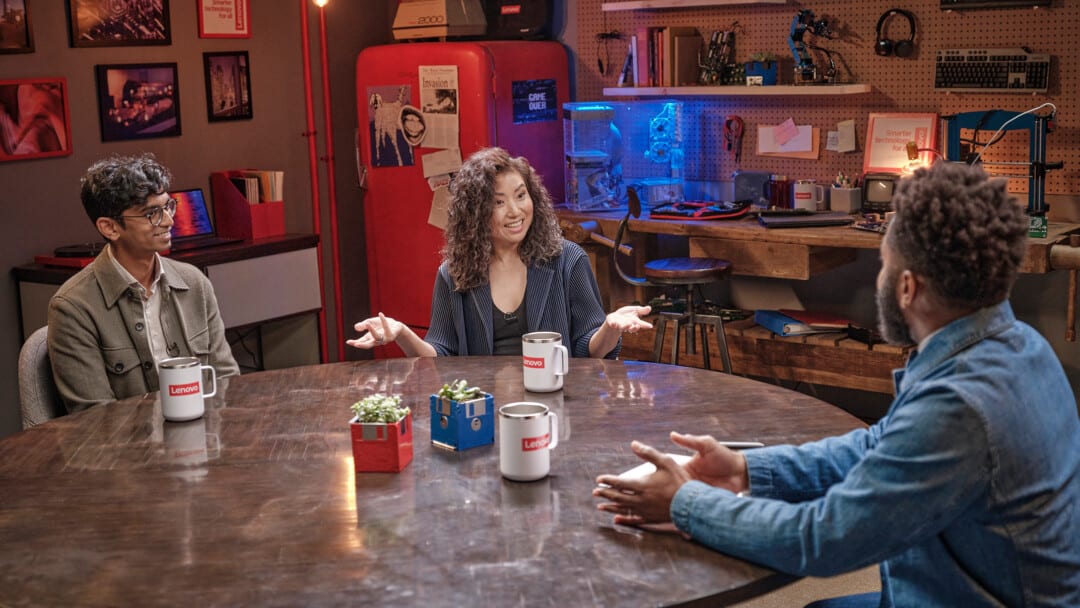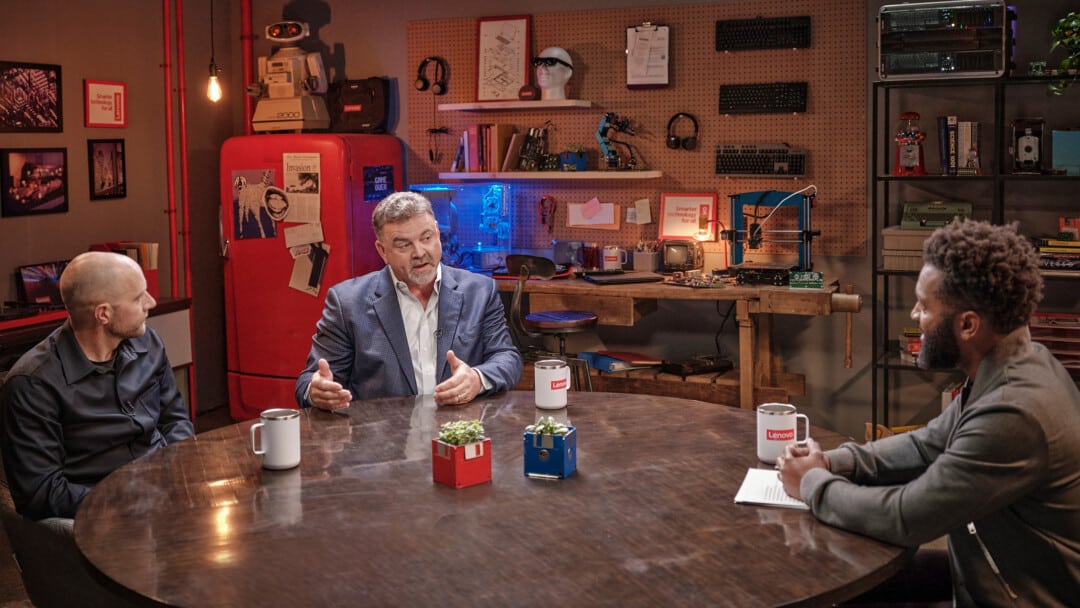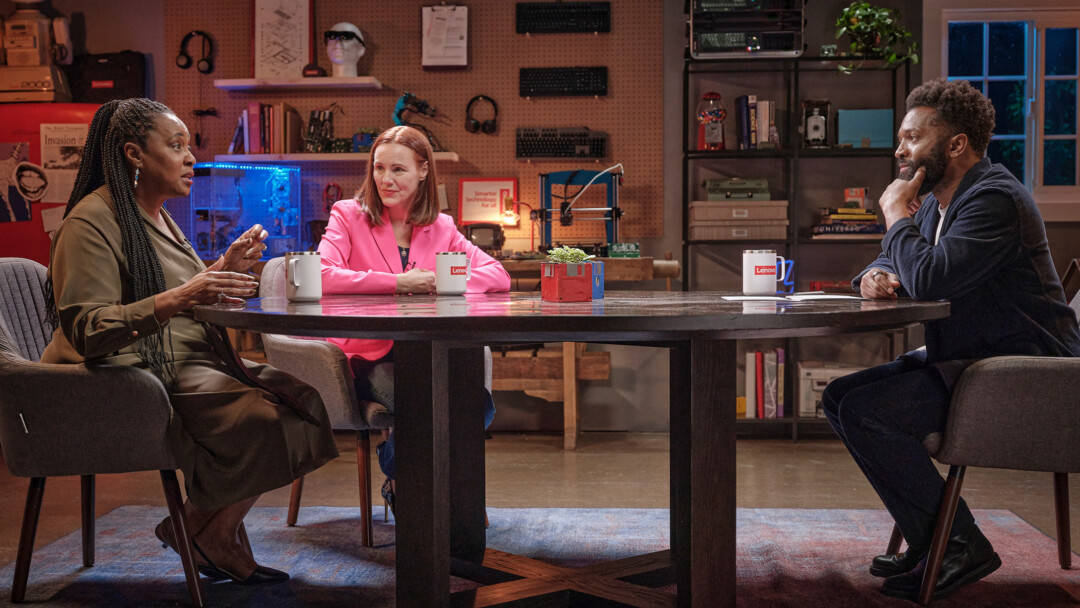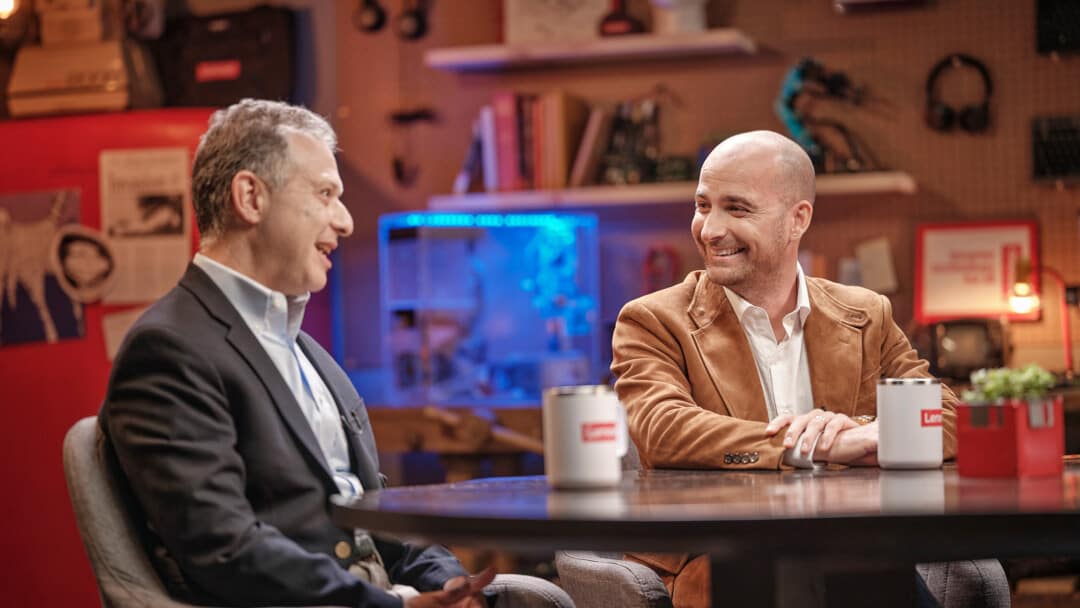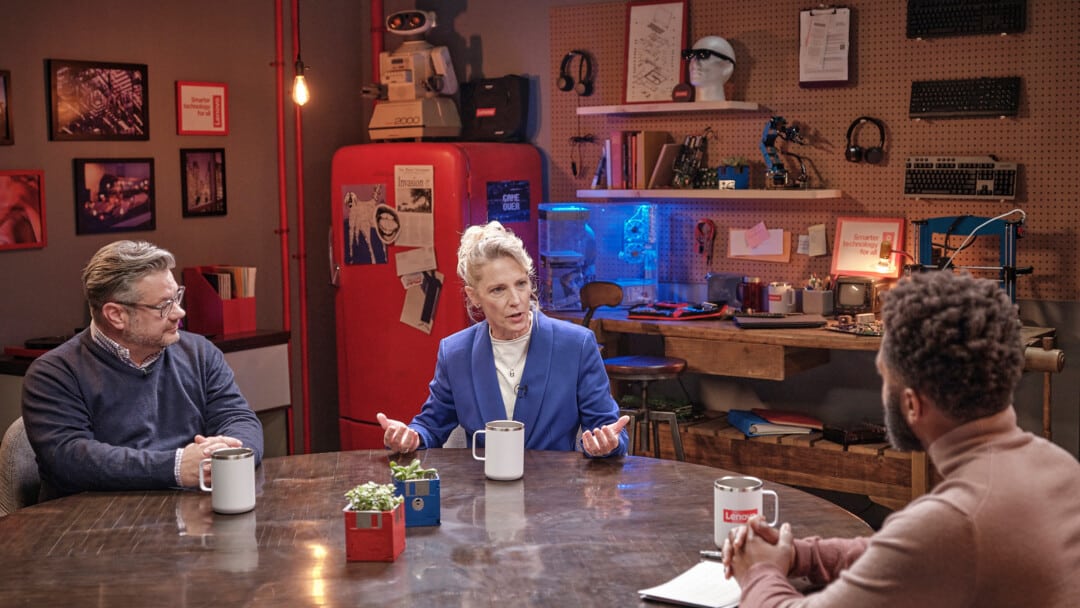
Baratunde is also the host of Lenovo Late Night I.T. He spent a few minutes with CIO discussing Season 2 of the series and the importance of taking a human-centered approach to technology. Here’s a lightly edited version of the conversation.
CIO: What stood out to you from the eight episodes you recorded?
Baratunde: What stood out were really good guests – they were dynamic and entertaining, and I learned a lot. I think we’ve done a good survey of things relevant to the IT world. We definitely tried to keep it grounded for those who are decision makers in IT. But I also think my [non-technical] relatives could look at this and get something from it.
Topic-wise, sustainability jumped out to me. We had a really fun conversation about blockchain. We had a really sobering conversation about workplace mental health that, unlike some of these other topics, isn’t grounded in the tech so much, but it’s more the effect of just what work means nowadays.
CIO: We covered a pretty diverse set of topics – why should these areas be top of mind for both IT and business leaders?
Baratunde: In some ways, there’s an external expectation that you need to have some point of view on [each of these topics, like] DEI or blockchain, that’s grounded in facts and some level of exposure and experience. So I hope this show is educational for IT professionals.
But outside of that, there’s a level of change happening that is intrinsic to the technology industry, where if nothing else you’re used to nothing being stable: there’s a new platform, a new processor, a new vendor, a new approach to how you deploy and manage all these resources. So there’s some compatibility with somebody who works in technology to dive into each of these topics, in part because of hype and outside pressure, but also because the terms in which we engage them has changed even from a year ago in some cases.
CIO: The show takes a decidedly human-centered approach to even some of the more hardcore technology topics like analytics and blockchain and automation. That approach seems like it should be obvious for IT and business leaders, but when it comes down to million-dollar technology purchases, it’s not always the case. Why is it so hard to get this right?
Baratunde: The human element is often really challenging. We can deceive ourselves into thinking that we’re fully rational and just need perfect information to make perfect decisions. But we’re emotional. We rely on stories. We lean on experience and narrative. It’s important to remember that we’re dealing ultimately with people, no matter how much [the discussion is about] technology.
I hope there’s an implicit lesson for the viewer that we can be really wonky and techie and human, all at the same time. That’s the future I want to live in at least.
CIO: Why is it important for IT and business leaders to think differently about these topics, to expand their perspective a bit?
Baratunde: How tech leaders think affects how we build everything. For me, this is like a friendly Trojan Horse to be able to get in there with consent and joy and play, and then reflect and affect how these leaders ultimately are thinking about things that affect society, which is a lot more than the tech stack for an ERP platform. It matters how a tech leader thinks about DE&I, or how they think about the constraints of carbon in terms of being sustainable and not merely financially efficient.
Check out Season 2 episodes here.







